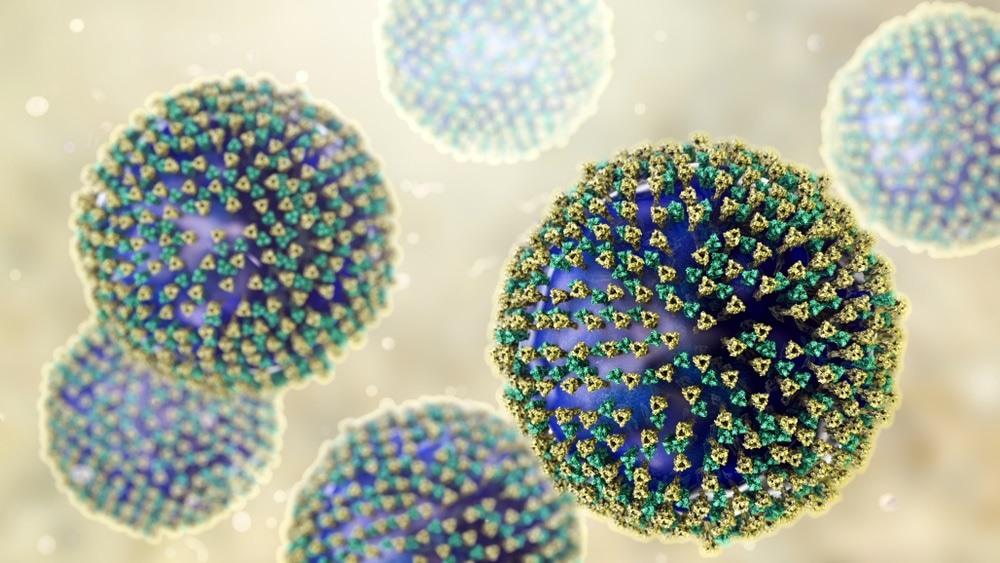With the number of people killed by measles in the Democratic Republic of Congo (DRC) surpassing 6,000, the World Health Organization (WHO) is calling for more funding to curb the world’s worst outbreak of the infectious disease.
 Image Credit: Kateryna Kon / Shutterstock.com
Image Credit: Kateryna Kon / Shutterstock.com
Since the beginning of 2019, approximately 310,000 suspected measles cases have been reported.
According to the WHO, the outbreak, which is the world’s largest and fastest moving to date, has caused almost three times more deaths in the Congo than Ebola has.
Since September 2019, when the Congolese government and the WHO launched an emergency vaccination program, more than 18 million children under the age of five have been immunized.
However, in some regions, routine vaccination remains low, and one-quarter of reported measles cases are among children older than five years, which is the most vulnerable age group.
Factors aggravating the epidemic
As well as low vaccinate coverage among vulnerable communities, other factors aggravating the epidemic include malnutrition, poor healthcare infrastructure, and outbreaks of other diseases. Efforts to vaccinate against measles have also been hindered by difficulty accessing remote areas and health centers coming under attack from armed militia operating in the country.
In a new appeal, the WHO has announced that a lack of funding remains a huge barrier in curbing the spread of the disease. Since the outbreak was declared in June 2019, cases of measles have been reported in every one of the country’s 26 provinces. The DRC is also experiencing the world’s most deadly outbreak of Ebola, but even this has claimed the lives of less than half the number measles has.
“We urge our donor partners to step up their assistance urgently”
“We are doing our utmost to bring this epidemic under control. Yet to be truly successful we must ensure that no child faces the unnecessary risk of death from a disease that is easily preventable by a vaccine,” says WHO Regional Director for Africa, Matshidiso Moeti. “We urge our donor partners to urgently step up their assistance.”
So far, US$ 27.6 million has already been raised, but the WHO says a further US$ 40 million is needed for a six-month plan to extend the vaccination to older children, between the ages of six and 14 years. This extra assistance is also needed to strengthen the outbreak response beyond vaccination by improving treatment and health education, engaging communities, strengthening the health system, and stepping up epidemiological surveillance.
We recognize the Government’s engagement in the efforts to end the outbreak and we are grateful for the generosity of our donors. But we still need to do more. Thousands of Congolese families need our help to lift the burden of this prolonged epidemic from their backs. We cannot achieve this without adequate finances.
Amédée Prosper Djiguimdé, DRC WHO Officer-in-Charge
The WHO, the European Civil Protection and Humanitarian Aid Operations, Gavi, the Vaccine Alliance, Médecins du Monde, Médecins Sans Frontières, the United Nations Children’s Fund and other partners have all been supporting the Congolese government to help bring the epidemic under control.
In December 2019, the WHO trained 60 healthcare professionals from the Ministry of Health to conduct various services, including health education, surveillance, and community engagement.
These trained professionals are being deployed this week as part of the response to the emergency.